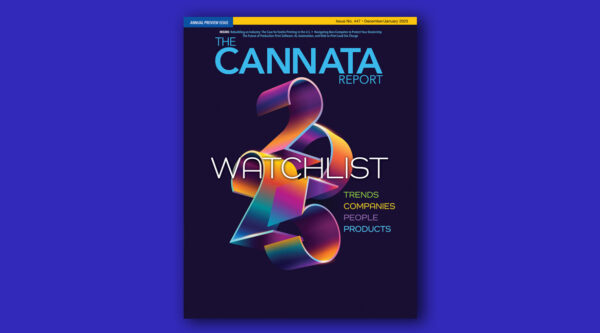Paul Schwartz and Jessica Crowley of Copier Careers continue to discuss the impact of current events on the channel.
In the second of a two-part interview, Paul Schwartz, president, and Jessica Crowley, senior vice president of Copier Careers, the staffing company for the copier industry, discuss how the “Great Resignation” and other current events are impacting employment in the document imaging industry.
CR: Do you think the document imaging industry, more specifically the dealer community, has dropped the ball when it comes to recruiting?
Schwartz: We see it in the numbers and the candidates, they’ve just not done a good job of mentoring and bringing people into the industry. It’s going back to “let’s do more with less.” That’s going to have to change dramatically. Employment is back to where we were pre-pandemic. But the issue is many jobs are still unfilled. We see it every day. If you go to a restaurant or into a store, there are not enough people. The same thing is happening in [the document imaging channel]. The issues are where are the people and where are we going to get them from? We don’t know the macro answer to that. The micro answer to it, in our little segment of the world, the copier channel are the things that I talked about before [In Part 1 of the interview.]. You’ve got to hire fast. You’ve got to make quick decisions. Practical over perfect. We can’t overemphasize how hard it is to find qualified people right now.
CR: Is that a good problem or a challenging problem for your organization?
Crowley: Yes, because it helps us build relationships with clients that didn’t necessarily need us before. In discussions with companies that hadn’t used us in a while, or have never used us before, they are coming to us saying, “I’m looking to fill X number of positions to fill but we can’t find the candidates.” I’m letting them know that if we find these candidates, are they willing to make a move the minute that you want, and are they willing to stay in the channel? We can’t control people. We can control how we operate, how often we’re reaching out to the candidates, and how we’re expanding our sources and expanding the types of candidates that we’re going after. Since our clients have grown, as far as the number of job orders we’re trying to fill, they’re keeping their options open for candidates with maybe not as much direct industry experience because there’s such a shortage. They are more open to bringing candidates from other industries and training them to keep that backbench stacked up.
CR: Some regions of the country are less serious they view the pandemic, whether it’s mask mandates or vaccinations while others are more aggressive in wanting to make sure their employees and clients are safe. Is that dynamic coming into play?
Crowley: It is and depends on the company. We had a large company in the Virginia area with locations in other states. I asked one of their HR professionals about their current policy and she said, “We are abiding by the federal mandates but we, as a company, are not requiring the vaccine.” If they aren’t vaccinated, they would have to get tested weekly. Some of their clients are sometimes requiring vaccinations so they’re pushing it off onto the clients. I’ve seen that happen a couple of times. It’s still a little vague and does depend. I have a candidate in Massachusetts where the company required it and he’s ready to move because he has chosen not to get the vaccine. I have another candidate in Brooklyn, New York where her position could be remote. Her company wasn’t allowing her to do that and they wanted her to get the vaccine. So, I presented her to my client and said, she doesn’t want to get the vaccine, will test as she needs to, and is open to working remotely. And they made it work. She’s now working remotely in a contract-billing position. Companies are trying to make it work because they know that they need the candidates. But it’s very much a case-by-case basis and it changes every day.
CR: How is compensation impacted by all of this?
Schwartz: Dealers need to be prepared to pay more money to acquire talent. That was another leftover going back again to the economic meltdown and “let’s do more with less.” Typically, this industry doesn’t pay as much as other industries. That became blatantly clear over the last year when people had other options and started looking at other things. When the economic data came out this morning (Dec. 3, 2021), they saw that the average person that went back to work got about a 5% increase in pay. We see that candidates want more pay and clients will have to wake up to that and build that into their models.
Access Related Content
To become a subscriber, visit www.thecannatareport.com/register or contact cjcannata@cannatareport.com directly. Bulk subscription rates are also available.



